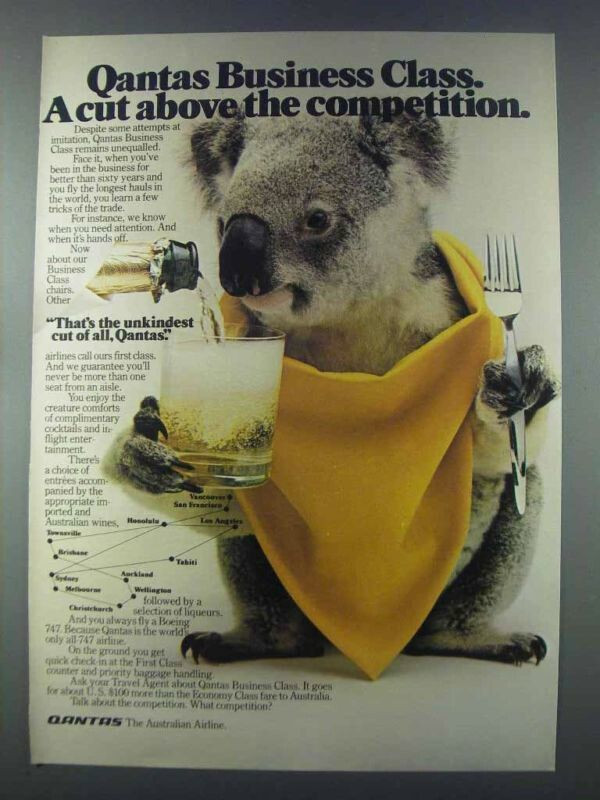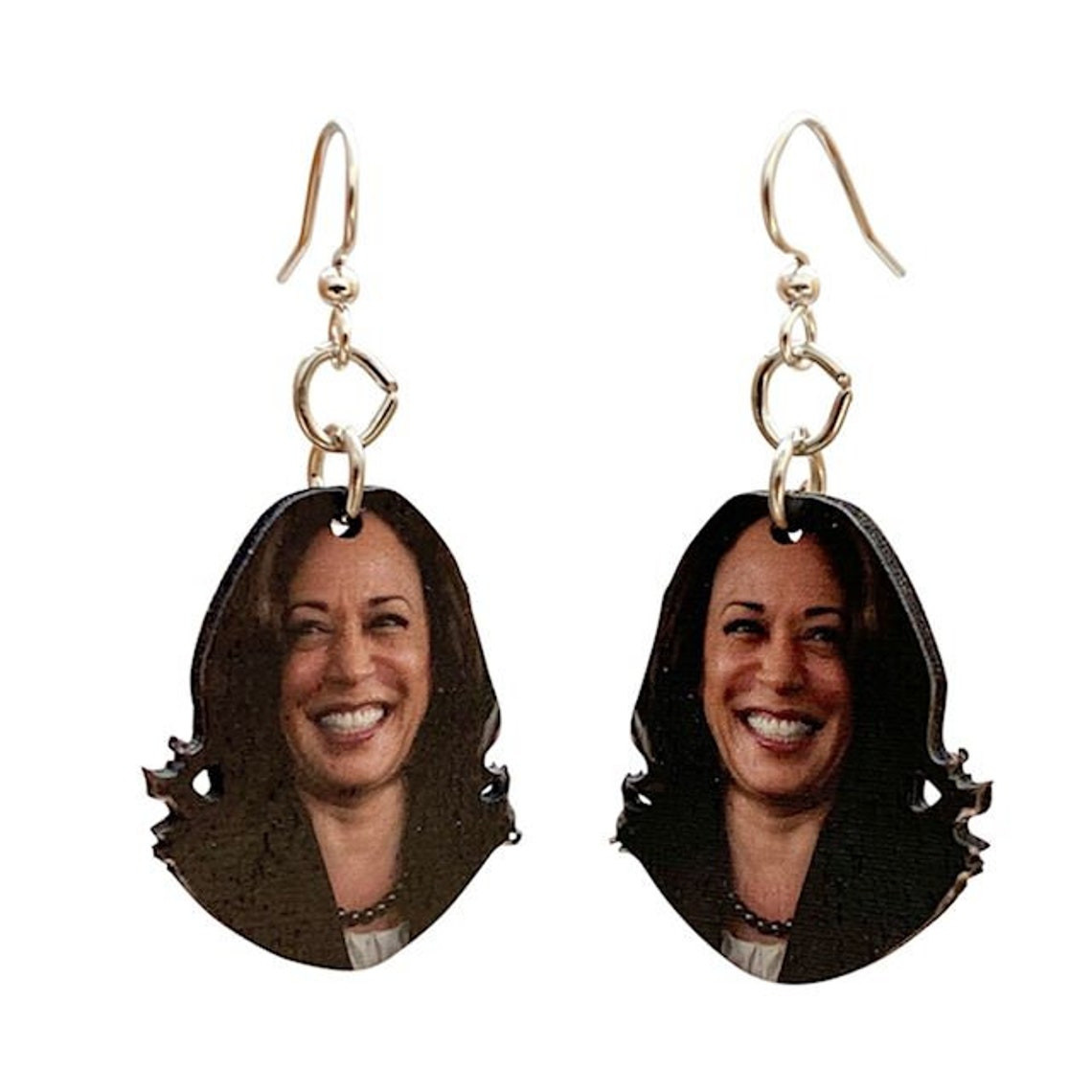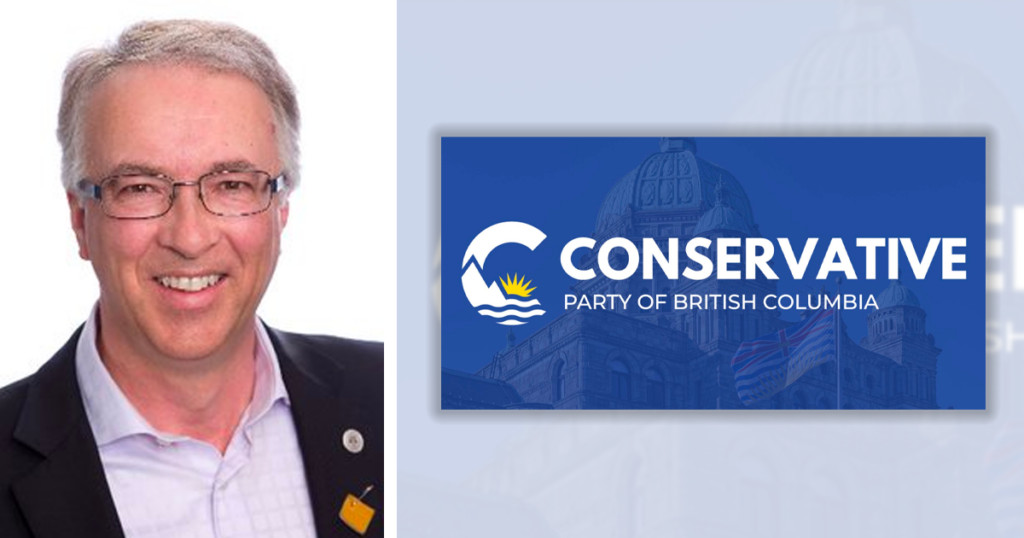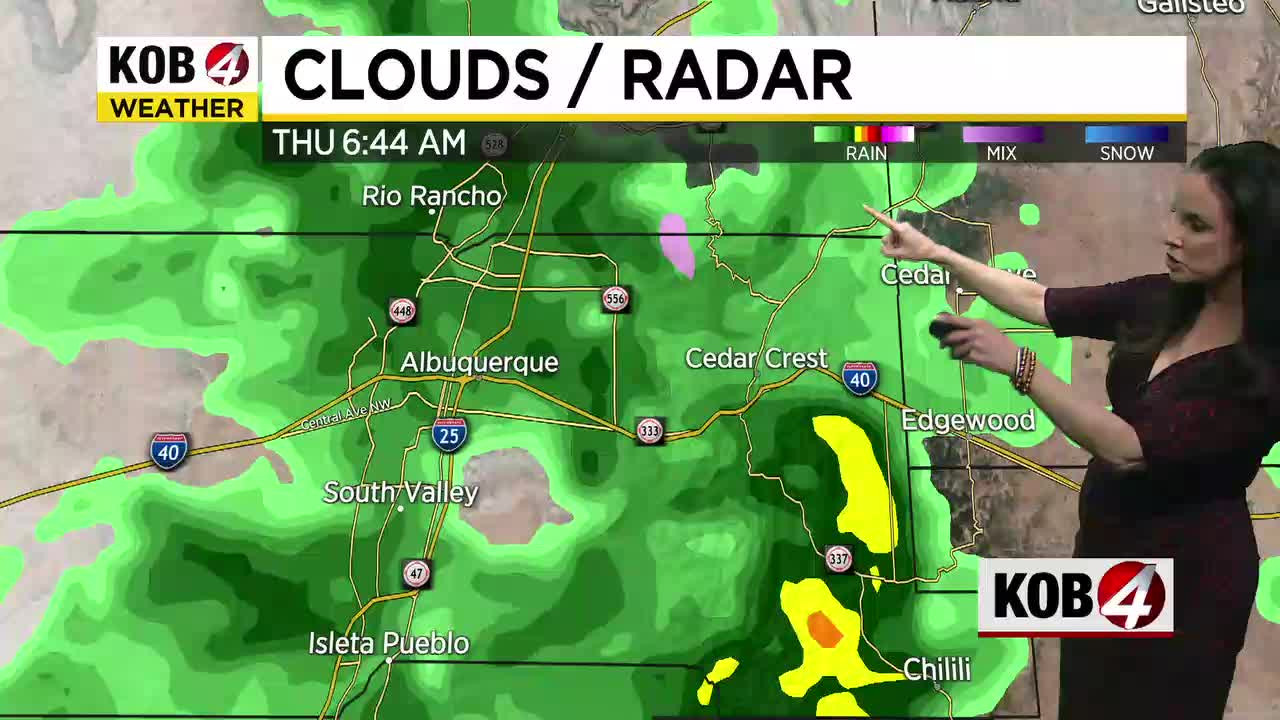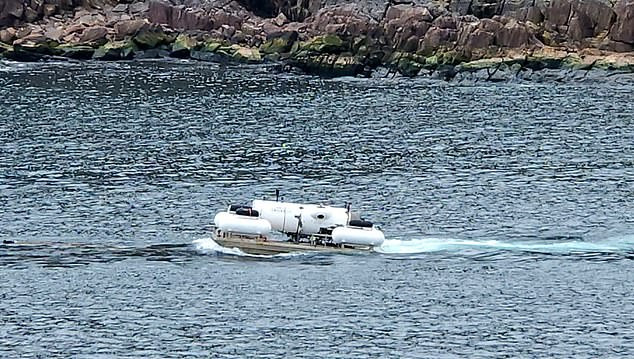Just two months after Bonza’s closure was confirmed, and a month after Rex’s Boeing operations were grounded, a new Australian airline (with a very Aussie name) has emerged as a possible new carrier - and a fresh rival to the current duopoly of Qantas and Virgin Australia. But let's not get too excited just yet about Koala Airlines.
But how serious is this apparent company about getting involved in a ruthless market in which two carriers recently went into administration – with one entirely disappearing? That’s not to mention a litany of other failed operations like Ansett, Compass Airlines and Australian Airlines.
According to Australia’s Civil Aviation Safety Authority (CASA), Koala Airlines currently doesn’t hold an air operator and aerial work certificate.
Its website also gives little away. And the only means of contact is via an online request form.
“As we progress, we will reveal more with you and welcome those in the industry who share our vision for innovation and excellence,” it states.
Imagery of a Koala Airlines plane on its website shows a B737-8 flying above Brisbane, Perth and Canberra, which suggests the Melbourne-based carrier would at least fly to these destinations – if it were to launch.
According to its website, the business behind the fresh brand isn’t a new operation.
“In 2019, Koala Airlines proudly acquired Desert Air Safaris Pty Ltd, a pioneering company in air tours and charter flights that had been operating for over 50 years throughout Australia, PNG and the Pacific Islands,” it says.
“This acquisition brought together two passionate entities dedicated to enhancing travel experiences both domestically and internationally.”
In 2024, it adds, “the legacy of Desert Air will continue under the rebranded name of Koala Airlines”.
“With a rich heritage to build on, our focus is clear: we aim to distinguish ourselves by our new initiatives and innovations that complement rather than compete with established norms.”
According to the company, “Koala’s strategy will fundamentally differ from previous entrants in a domestic market which has been long dominated by two major airlines since the Australian government first introduced the Two Airline Policy in 1952”.
It also aims to “break the mold” – though it doesn’t state how, instead using broad terms to loosely define its mission.
“While many new low-cost carriers have entered the market since 1990 and focused solely on offering cheaper fares, almost entirely leading to unsustainable competition, Koala is taking a more innovative route,” it says on its site.
“Our goal is to carve out a unique niche that enhances the industry landscape without disrupting existing standards by creating a lasting impact on the industry.”
The would-be carrier, however, says it does have a CEO with more than 45 years of experience in the aviation industry, Bill Astling.
“Bill has been involved in the aviation and tourism industry for over 45 years, possessing extensive experience in aviation management, airline restructuring, operations, aircraft chartering, strategy and customer service, with expertise in stakeholder engagement across all levels of business,” it states.
“With his team of aviation professionals, Bill provided a range of consulting services from senior leadership to operational, technical and advisory roles to 12 existing and start-up airlines in the Asia Pacific region since the early 1990s.”
Among these, it says, are Singapore Airlines, Air India, Sri Lankan Airlines, Malaysian Airlines, Vietnam Airlines and multiple Chinese Airlines.
The company also names Phil Le Liu as a Director.
In addition, Koala Airlines says it is looking for experienced executives to head a bunch of roles “as the company progresses”. These include a CEO designate, CFO, Head of Commercial, Head of Cabin Crew and Chief of Human Resources.
The enterprise also boasts something called Koala Tech, “a groundbreaking technology platform designed to revolutionise the aviation industry”.
“This innovative platform seamlessly integrates a range of aviation business applications, enabling comprehensive automation and harnessing the full power of artificial intelligence,” it states.
The Australian commercial aviation scene has become synonymous with resembling something of an airline graveyard – not just over the past 12 months, but over decades. Carrier after carrier has tried and failed to break into the market, which has historically been dominated by just two main players – the national flag carrier Qantas, accompanied by Ansett Australia and more recently, Virgin Australia.
Indeed, 2024 has already seen both Bonza and Rex exit from the arena – both casualties which were seemingly unable to sustain Boeing 737 operations against the two much larger rivals.
However, undeterred by this lengthening list of failures (which includes other carriers such as Compass, Impulse, Ozjet, Strategic Airlines, and Ansett itself), another proposed airline has emerged to take on the challenge of forming a viable airline to take on the duopoly of Qantas and Virgin in the Australian market – Koala Airlines.
While little is known about the newcomer, Koala Airlines has recently revealed further details on its plans and its corporate image on social media. The proposed airline already has a website up and running, a full management team in place, and impressively, an oven-ready Air Operators Certificate (AOC) which it hopes will act as a springboard into the big league.
Based in the southern city of Melbourne, Koala Airlines is hoping to commence Boeing 737 MAX 8 operations, and according to the carrier, its strategy will “fundamentally differ from previous entrants in a domestic market which has been long dominated by two major airlines since the Australian government first introduced the Two Airline Policy in 1952.”
Under this policy, only two airlines were previously allowed to operate flights between state capital cities and between capitals and nominated regional centers in Australia. It was not until 1990 that the government relaxed the policy to allow competition in the market.
The airline adds that while many new low-cost carriers have entered the market since 1990 and focused solely on offering cheaper fares, almost entirely leading to unsustainable competition, it will instead take a more innovative route. The carrier states its goal is “to carve out a unique niche that enhances the industry landscape without disrupting existing standards by creating a lasting impact on the industry.”
The company advises that it is currently finalizing negotiations to acquire a fleet that will enable its AOC to be upgraded with the new aircraft type, which is presumed to be the Boeing 737 MAX 8 as depicted in images on its website. The AOC formerly belonged to Desert Air Safaris, another Australian airline acquired by the owners of Koala Airlines in 2019.
Desert Air Safaris flew for over 50 years specializing in offering air tours and charter flights throughout Australia, Papua New Guinea, and the Pacific Islands. It was originally founded in 1970 by airline pilot Dick Lang and his wife, Helen. Together, they worked to connect the Australian outback and remote destinations, making such locations more accessible to domestic and international travelers.
As one of Australia’s oldest leisure-focused carriers, Desert Air Safaris was the first carrier to introduce the concept of tour packages to the market. It operated a fleet of Douglas DC-3 aircraft and later expanded the fleet with the introduction of more modern twin-engine aircraft. By 1998, Desert Air had consolidated its operations at Adelaide Airport (ADL) and was acquired by Koala Airlines in 2019.
According to the Koala Airlines website, the “legacy of Desert Air will continue under the rebranded name of Koala Airlines. With a rich heritage to build on, our focus is clear: we aim to distinguish ourselves by our new initiatives and innovations that complement rather than compete with established norms.”
The airline’s management team features several industry professionals, led by the company’s CEO, Bill Astling. Astling is said to be an industry veteran having been involved in the aviation and tourism industries for over 45 years, and possessing extensive experience in aviation management, airline restructuring, operations, aircraft chartering, strategy, and customer service.
Astling has previously provided a range of consulting services from senior leadership to operational, technical, and advisory roles to existing and start-up airlines in the Asia Pacific region since the early 1990s, including Singapore Airlines, Air India, Angel Airlines, Merpati Indonesia, Sri Lankan Airlines, Jes Air, Antonov Airlines, Malaysian Airlines, Lao Aviation, Vietnam Airlines, Sahara Airlines, as well as several Chinese Airlines that have commenced scheduled services to airports in Australia in recent years.
It will be interesting to see how the progress of Koala Airlines pans out in the coming months, in a market where history dictates that it is virtually impossible to compete economically against the two established carriers. Should Koala Airlines present a viable proposition to travelers that others have been unable to offer, then it might have a chance of survival where so many others have failed, but only time will tell.




